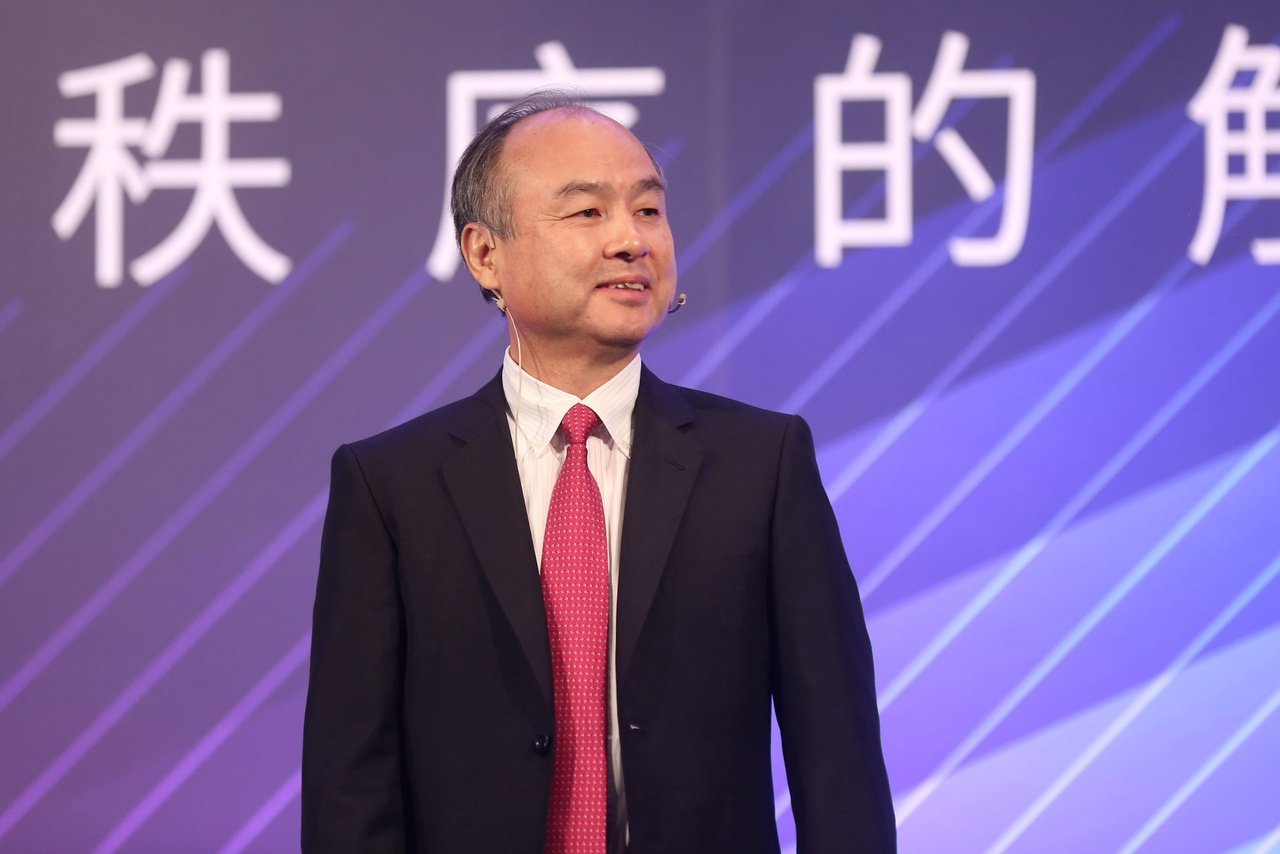
Masayoshi Son, CEO of the SoftBank Group
$9984 (-5,37%)announced plans to develop the company into a leading platform provider for "artificial superintelligence" within the next decade.
At the annual shareholders' meeting, he compared this goal to the dominance of Microsoft $MSFT (-0,83%), Amazon $AMZN (+2%) and Google $GOOGL (+4,38%) and referred to the "winner takes all" dynamic.
He defined artificial superintelligence as a technology that outperforms human capabilities by a factor of 10,000.
By 2025, SoftBank had invested massively in AI, including the acquisition of US chip designer Ampere for USD 6.5 billion and up to USD 40 billion in funding for OpenAI.
(...)
SoftBank's cyclical bets follow a historic boom-bust pattern:
Son's new "all-in" stance on OpenAI (32 billion US dollar investment) mirrors his previous high-risk tech bets that have shaped SoftBank's history.
This reflects a consistent pattern of massive, concentrated investments - from $100 million in Yahoo in 1996, to $20 million in Alibaba in 2000 (whose value grew to $130 billion), to the $100 billion Vision Fund in 2017.
(...)
This approach with high risk and high returnas critics have called it, has changed the risk capital landscape with inflated valuations and pressure on competitors to match the same level of funding.
(...)
SoftBank's strategic positioning mirrors previous battles over technology platforms.
Son's ambition to be the "organizer of the industry" in artificial superintelligence is reminiscent of the platform dominance strategies that spawned trillion-dollar companies like Microsoft, Amazon and Google.
SoftBank is strategically expanding its AI base through talent acquisition and infrastructure investmentsincluding the acquisition of semiconductor designer Ampere for $6.5 billion and a $40 billion commitment to OpenAI.
The company's approach leverages its historical strength in hardware through Arm Holdings to create an integrated AI ecosystem that includes chips, infrastructure and applications.
SoftBank's funding pattern typically encourages market consolidation, providing capital on a scale that forces smaller competitors to merge or exit - a strategy that fundamentally changes the competitive dynamics in target sectors.
This platform strategy is in line with Son's long-term vision, which he has been articulating since at least 2017: a future with one trillion connected devices by 2035, allowing SoftBank to capitalize on the massive data streams powering advanced AI systems.
⬇️⬇️⬇️
https://www.techinasia.com/news/softbank-aims-to-lead-in-artificial-super-intelligence
The share price has also been rising again for some time, as investors are generally becoming more optimistic. Nevertheless, it is still massively undervalued in my opinion. In addition to the crucial AI platform strategy (for which they themselves are creating demand with Stargate (USA, UAE, UK...), so theoretically benefit twice over), there are of course many other interesting investments and initiatives (Wayve, Grab $GRAB (-1,54%)Coupang $CPNG (+0,36%), 21 Capital, Helion, PayPay Expansion.....). Overall, I believe in the company's vision and see many indications that it could succeed :)


